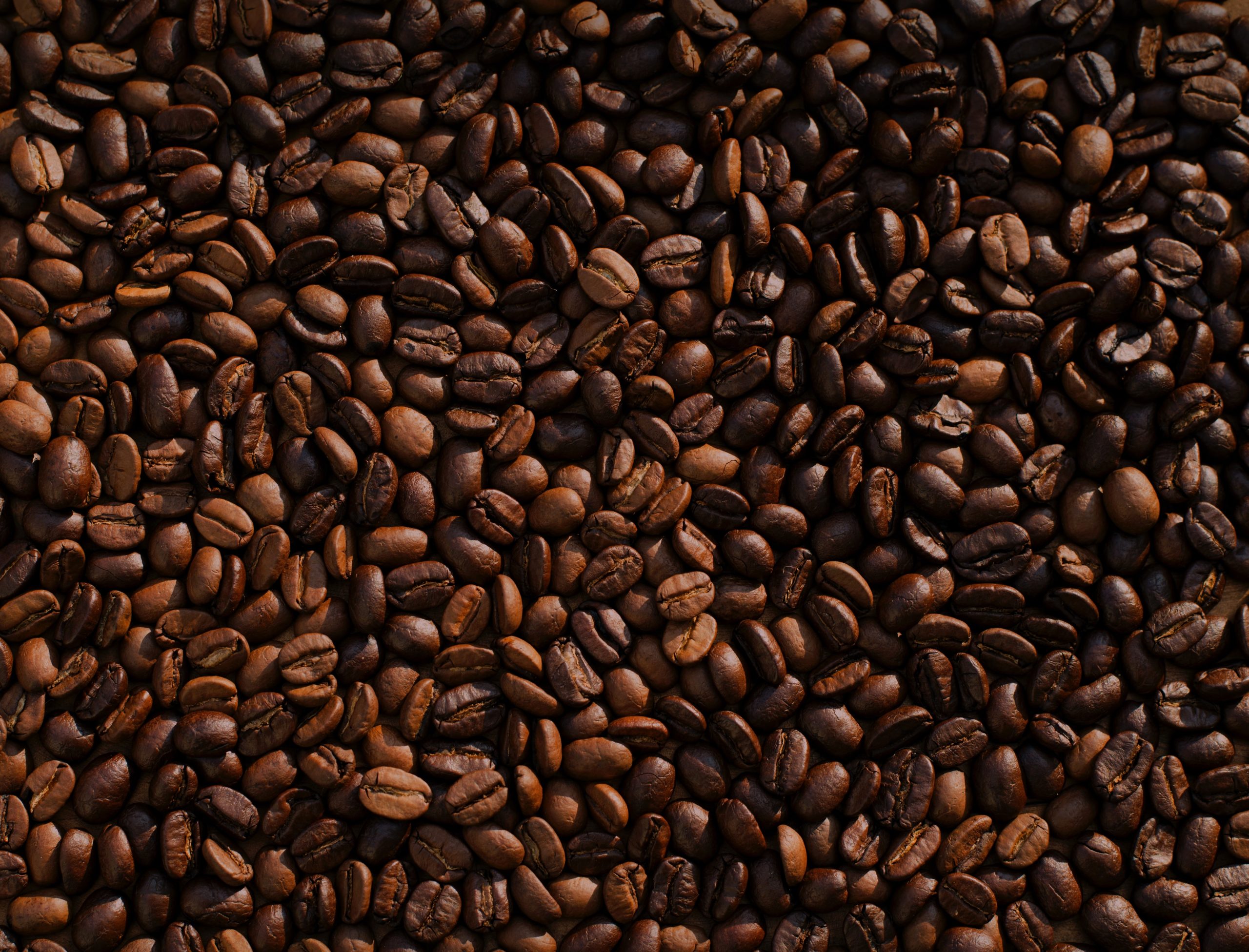Inside America’s obsession with detoxing.
Matt Bomer had been working 70-hour weeks for months straight and badly needed a break. But instead of hopping on the next plane to the Seychelles, the 34-year-old star of White Collar on the USA Network gave up solid food for three days and put himself on the LOVEdeep Cleanse from Organic Avenue, a regimen of chlorophyll shots, grapefruit juices, and pressed-vegetable drinks. “I thought it would be a nice indulgence for my body to recuperate and reset,” he says. “I don’t know that it’s for everyone.”
Maybe not, but cleansing, which once attracted only anorexics and wheatgrass zealots, is the new national dietary obsession. According to the research firm Mintel International, the number of food and drink products that claim to detoxify the body has grown nearly fourfold since 2003. Most cleanses are liquid fasts (liquids of choice vary from cashew milk to pressed vegetables to the Master Cleanse’s mix of maple syrup, lemon, and cayenne pepper) and typically run from three to five days. Detoxing isn’t limited to liquid fasts, though; some solid-food diets—like the CambiatiCleanse—call for 28-day stretches without dairy, gluten, and sugar. And while it may be difficult for adherents to verify post-cleanse that toxins have been eliminated from their bodies, the resulting weight loss is easier to measure. It’s no surprise, then, that in major American cities there are about as many places to stock up on cleansing kits as there are places to buy skinny jeans. And we’re not just talking juice bars. Cooler Cleanse, the New York City–based raw-juice program cofounded by the actress Salma Hayek, is sold in Equinox gyms; restaurants like Pump and Blossom in New York and the Plant Café Organic in San Francisco are putting out their own lines of drinks; and Starbucks is reported to be considering offering a line of cleansing pressed-vegetable juices.
But is the rise of Detox Nation a good thing? Western doctors generally agree that cleanses won’t improve your health. The body detoxifies itself (that’s what the liver and kidneys are for), and trying to accelerate that process is pointless—and potentially harmful. According to the American Dietetic Association, cleanses can give you flulike symptoms, atrophy muscle, and deplete your body of nutrients. Some nutritionists are less critical. “The hard-core cleanses, like the Master Cleanse or the ones that are just teas, are never necessary,” says Keri Glassman, a dietitian who founded nutritiouslife.com. “But if you’re just focused on fruits and vegetables for a few days, it’s fine.”
Many cleansers say their days of deprivation make them feel healthier, more relaxed, clearer-headed. “I felt almost high,” says Keith Tapper, 26, a fashion coordinator for Ralph Lauren in New York, of his first cleanse. “My body was running like a well-oiled machine.” Now he detoxes twice a year. Neal Tully, 35, who works at a hedge fund in New York, repeats his Cooler Cleanse, a three-day regimen of greens-and-ginger and carrot-and-beet drinks, three or four times a year. “I like the concept of giving your body a break from food,” he says. But the high from low-calorie cleanses can also leave users feeling light-headed and absentminded, and Tapper admits, “My favorite excuse for minor mistakes at work is, ‘I’m sorry, I’m doing a cleanse.'”
In this organic-obsessed era, when we demand that even our chocolate be manufactured locally, it’s easy to be seduced by a seemingly simple solution to what ails us (the fact that most of the plans are delivered to your doorstep doesn’t hurt, either). “We have a sense that our environment is toxic,” says Noah Guynn, 43, a researcher at the University of California at Davis and a detox devotee. “The idea that there may be a way of cleansing the body of these toxins is incredibly appealing.”
For his part, Bomer was so enamored of his cleanse that he often arrives at the White Collarset in New York laden with bright-orange bags from the Organic Avenue store in the West Village, where Jennifer Aniston and Justin Theroux were recently photographed together. “My crew makes fun of me when I roll up with them,” Bomer says, “but I’ve noticed more and more of the orange bags popping up on set.”
Although the cleansing boom has attracted its share of evangelizing fanatics, Bomer is not one of them. He tries not to be self-righteous about what he’s swigging, especially since sometimes it’s a beer that’s washing down a burger—the kind of casual binge his juice-purge regimen lets him indulge in. “I believe in everything in moderation,” the actor says. “You’ve got to live.”
• • •
Three Myths About Digestion
No. 1: Meat stays in your system longer than vegetables.
“Whether it’s steak, bacon, salads, fruits, dairy—it all exits your system at roughly the same time,” says Dr. Maged Rizk, director of the Abdominal Pain Clinic at the Cleveland Clinic.
No. 2: Fiber is the only component of food that speeds digestion.
“Fat is a key lubricant too,” Rizk says.
No. 3: Raw food is digested more efficiently than cooked food.
Cooking food breaks down proteins and plant fiber, making most foods easier to digest.






